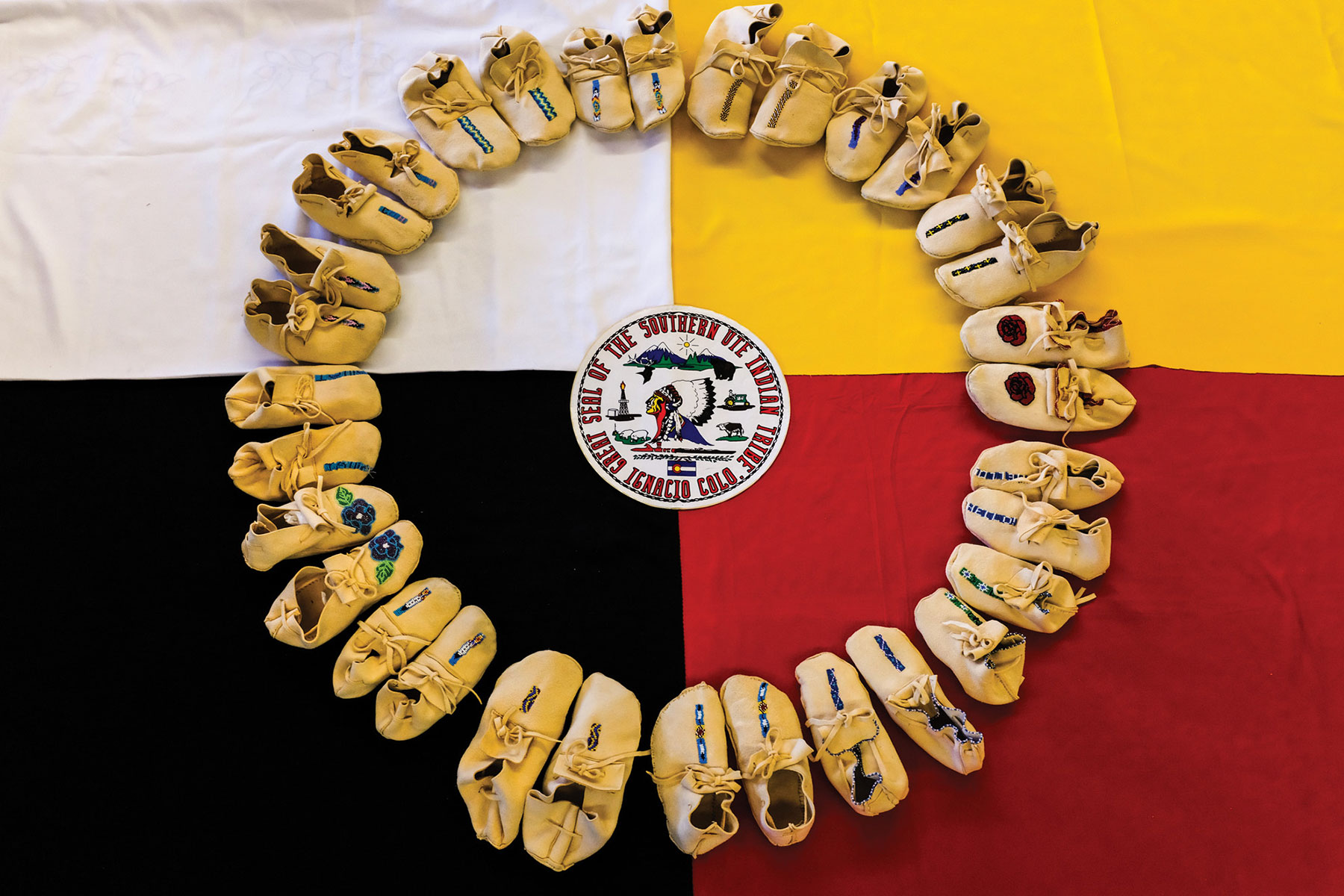Positive Childhood Experiences
This is the first in a series of four articles this year about the effects childhood experiences can have on people throughout their lives.
In 1997 researchers found that what children experience in their early life can have long-term impacts on their health and behavior. Their study looked only at negative events: child abuse and neglect, exposure to domestic violence, and parents with substance use disorders or mental illness among others. They called these “Adverse Childhood Experiences” or ACEs. They found that children who experienced these events had higher rates of chronic health problems such as cancer and diabetes, substance use disorders, and mental illness as teenagers and adults.
For many years, the focus was on the potential negative impacts of these experiences. Over time it became clear that what happened to people in childhood did not determine their future. Some adults who had ACEs had lots of struggles, but others with the same early experiences were doing really well in adulthood. While negative childhood experiences increased the risk of adult health and behavior problems, there were positive experiences that could minimize those effects.
The focus has now shifted to the impact of resilience, the ability to recover from difficulties, and the protective effect of positive childhood experiences. The next article in this series will talk more about the great hope these provide in raising healthy, strong, resilient children.
For information about negative and positive childhood experiences check out: https://centerforyouthwellness.org/, https://www.cdc.gov/violenceprevention/aces/index.html, or https://positiveexperience.org/.
You can make an appointment for your child to be seen at the Southern Ute Health Clinic to talk more about these topics or anything else by calling 970-563-4581.

